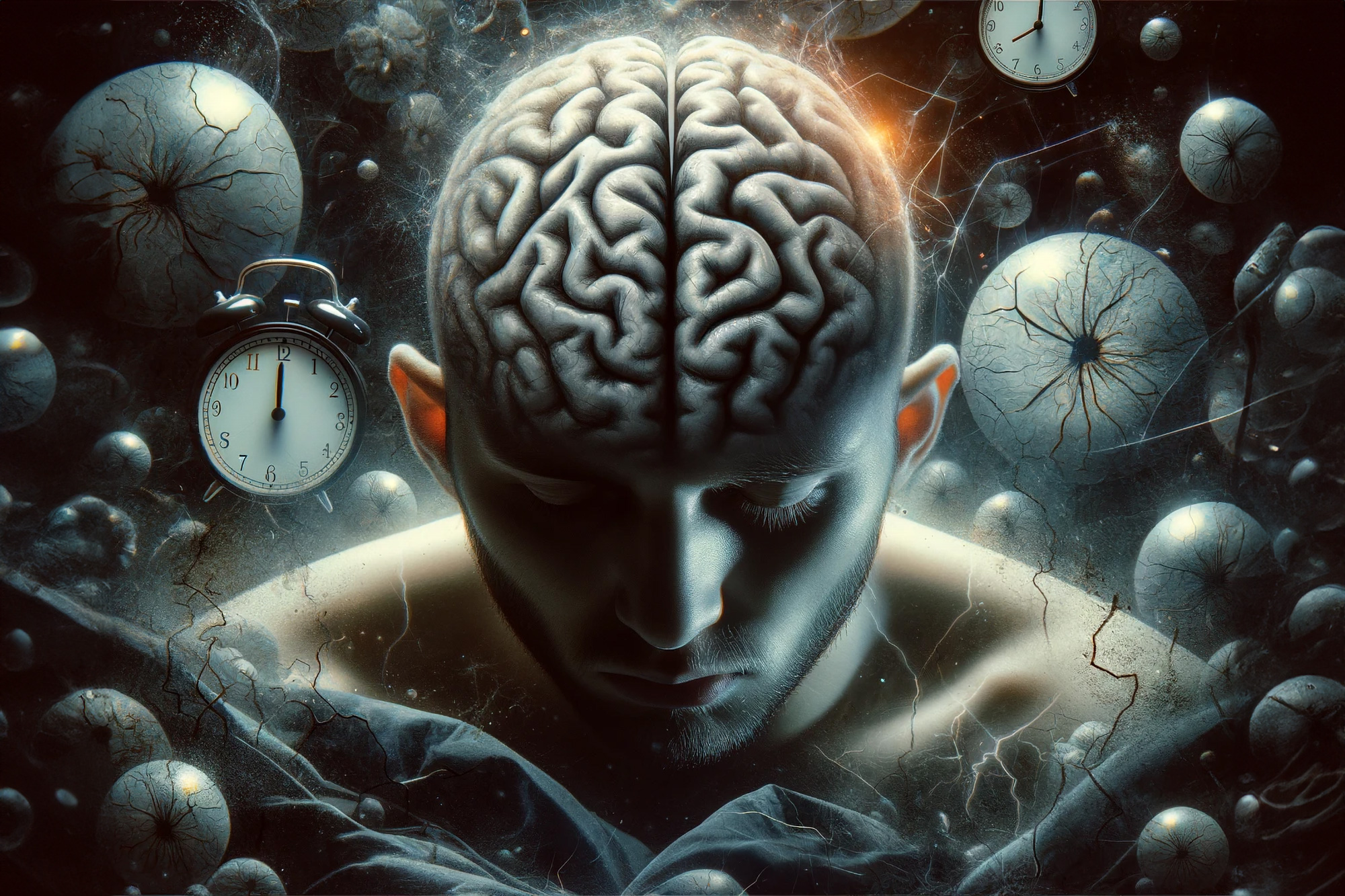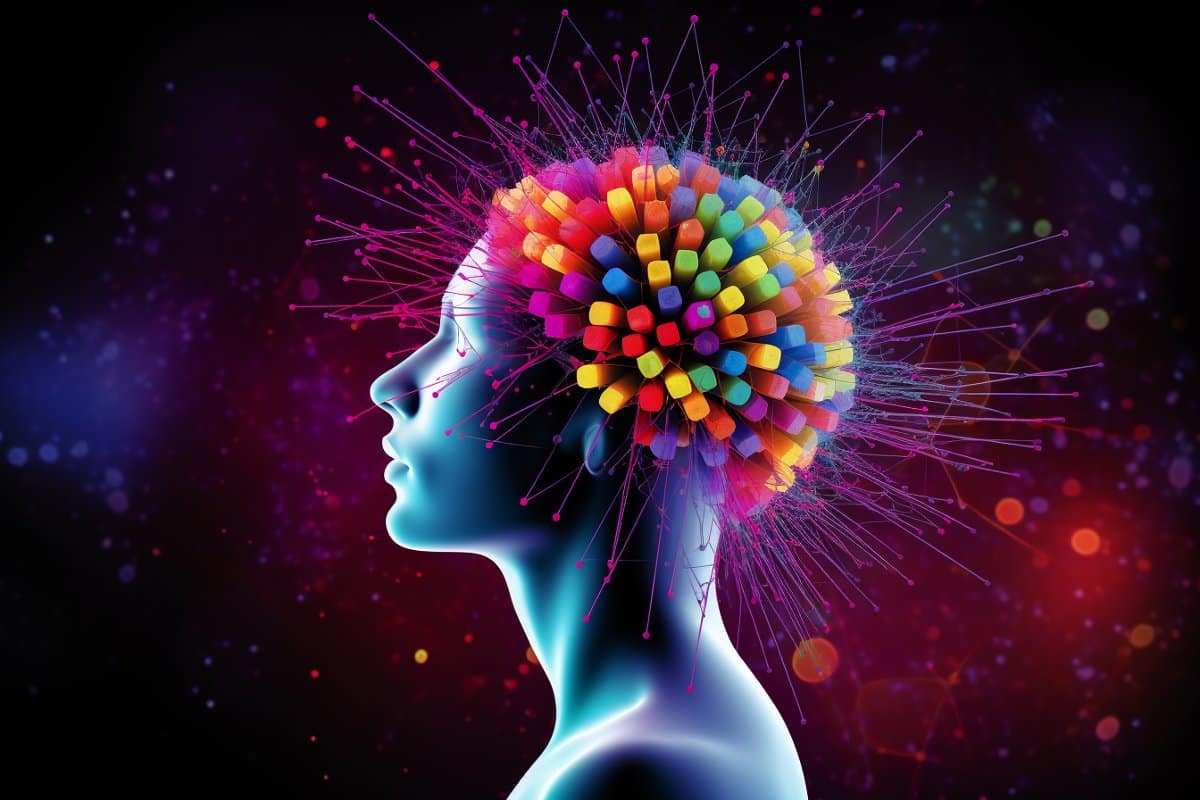The Impact of Sleep Deprivation on the Brain: Latest Research Findings
Chronic sleep deprivation has been linked to brain damage and increased risk of neurological diseases. Researchers found that the protein pleiotrophin (PTN) decreases with sleep deprivation, causing neuronal death in the hippocampus and potentially indicating cognitive impairment. Research identifies the decline of the protein pleiotrophin (PTN) as a cause of neuronal death due to sleep …










